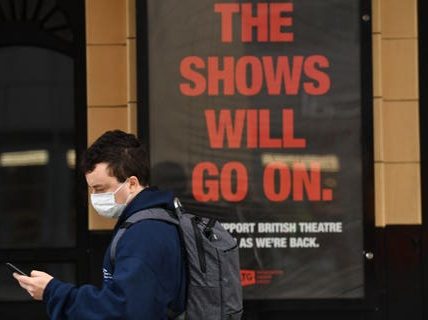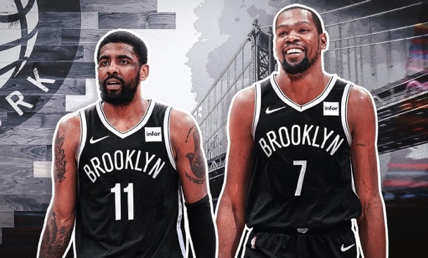Amazon Prime may be the most unpopular video app of the three biggest streaming services in the UK according to a survey carried out by Invicta News.
After the launch of Disney+ last year, the three most popular subscription streaming services were Netflix, Amazon Prime Video and Disney+ according to Ofcom’s Media Nations report.
Our non-scientific survey of thirty candidates found that more people had access to Amazon Prime than Disney+ but fewer candidates use it regularly.
One person explained that they only keep the service for its benefits when it comes to free deliveries from Amazon.
Another said: “I tend to have bouts of binge-watching certain series on Amazon, especially over the winter and in lockdown.
“Now that we are in springtime, there is much more to do outside in the garden, so no time for daytime viewing of TV.”
Dan Rayburn is a US-based streaming media expert and consultant with over 20 years of experience. He believes that video streaming will continue to become more fragmented as businesses realise the perks of having a direct relationship with consumers rather than getting paid by a third party like Netflix.
He said: “You and I as customers will go ‘man I would love to sign up for one service with only one credit card with one password and have access to everything’. That sounds nice. That is not a reality of how these companies work.”
Dan also explained that bundling of different streaming services together will become more common.
However, with the rise in the number of subscription streaming services, the public may find it harder to choose.
There is a behavioural theory that implies that more choice is not always good. American psychologist Dr Barry Swartz is one of the lead theorists on this theory called Choice Overload.
He argued that too much choice could be a negative for the user by overwhelming them with options. Thus the user either is paralysed by the choice or becomes less satisfied with the choice they did make.
Another psychologist Dr Benjamin Scheibehenne explained that this theory is not very common in real-life scenarios. He is based in Germany. He said:
“My perspective on this is that there may be sometimes situations where this choice overload effect occurs but those would be rare exceptions.
“In real-world environments, people seem to be more than capable with dealing and navigating large assortments.”
However, with the rise in the number of subscription streaming services, the public may find it harder to choose.





